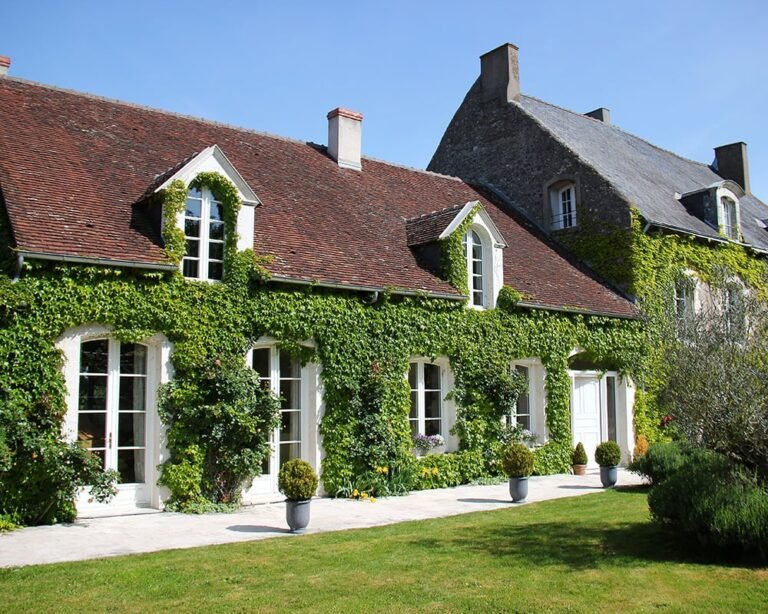avoir le coeur sur la main
The French saying “avoir le coeur sur la main” literally translates as “to have the heart on the hand.” It means “to be inclined to great generosity,” or “to be generous.”
This saying dates back to the end of the 18th century.
It comes from the idea that your heart is your most precious possession, because without it there is no life. So if you have it on your hand, you’re generous beyond words.
The closest equivalent English expressions are “to have a heart of gold,” “to be open-hearted” and “to be kind-hearted.”






